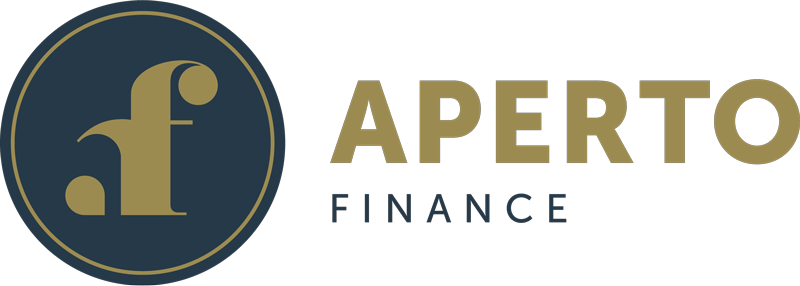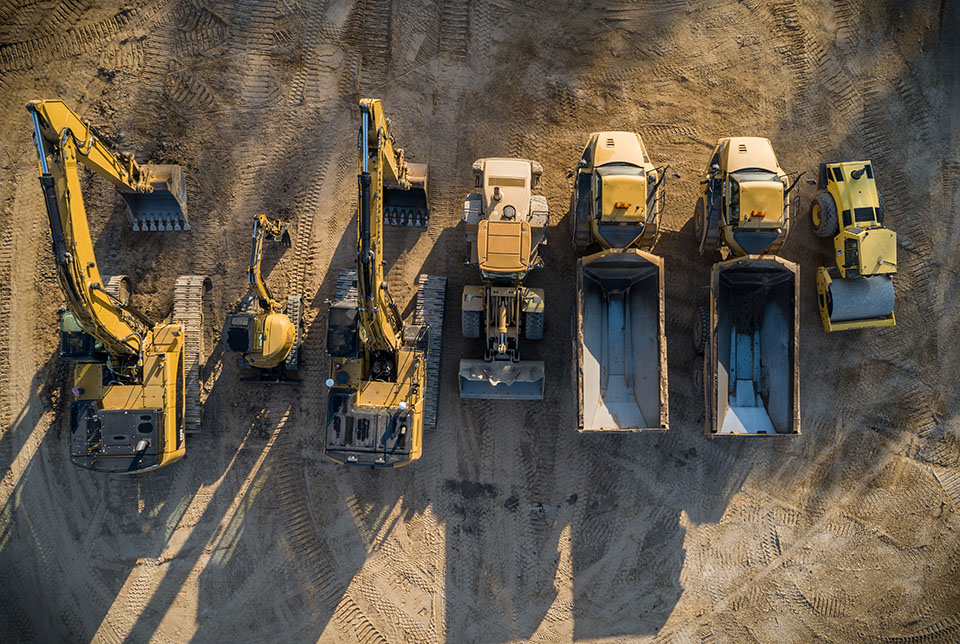When you need to investing in equipment for your business, one of the first decisions you’ll need to make is whether to lease or buy. Both options have their own advantages and disadvantages, so it’s important to weigh the pros and cons carefully before making a decision.
Leasing
Leasing is a type of financing in which you rent equipment from a leasing company for a set period of time. At the end of the lease term, you have the option to return the equipment, purchase it, or renew the lease.
Advantages of leasing:
- Lower upfront costs: Leasing typically requires a smaller down payment than buying equipment outright. This can be a good option for businesses with limited cash flow.
- Predictable payments: Lease payments are typically fixed for the duration of the lease term, which can make it easier to budget for your expenses.
- Tax benefits: Lease payments may be tax deductible as an operating expense.
- Maintenance and repairs: Many lease agreements include maintenance and repairs, which can save you time and money.
Disadvantages of leasing:
- Higher total cost: Over the life of the lease, you will typically pay more in total than if you had purchased the equipment outright.
- Limited ownership: You do not own the equipment while you are leasing it. This means that you may not be able to make certain modifications or customisations to the equipment without the leasing company’s permission.
- Lease restrictions: Some lease agreements may have restrictions on how you can use the equipment or where you can store it.
Buying
Buying equipment outright means that you will purchase the equipment from a dealer or manufacturer and own it outright.
Advantages of buying:
- Ownership: You own the equipment outright, which gives you more flexibility in how you use it and dispose of it.
- Lower long-term cost: Over the life of the equipment, you will typically pay less in total than if you had leased it.
- Potential for equity: If you buy equipment that appreciates in value, you may be able to sell it for a profit in the future.
Disadvantages of buying:
- Higher upfront costs: Buying equipment outright typically requires a larger down payment than leasing.
- Maintenance and repairs: You are responsible for all maintenance and repairs on equipment that you own.
- Risk of obsolescence: Technology can change rapidly, so there is a risk that your equipment will become obsolete before it reaches the end of its useful life.
Which option is right for you?
The best way to decide whether to lease or buy equipment is to carefully consider your specific needs and circumstances. Some factors to consider include:
- Your budget: How much money can you afford to spend upfront on equipment?
- Your cash flow: Can you afford to make regular lease payments?
- How long will you need the equipment for? If you only need the equipment for a short period of time, leasing may be a better option.
- What are your tax implications? If you are unsure, it is best to consult with a tax advisor.
- How important is ownership to you? If you need to own the equipment outright, then buying is the only option.
If you are still unsure which option is right for you, it is a good idea to talk to a financial advisor or accountant. They can help you assess your needs and circumstances and make a recommendation.
Both leasing and buying equipment have their own advantages and disadvantages. The best way to decide which option is right for you is to carefully consider your specific needs and circumstances.
Speak to Aperto Finance today to discuss how we can help you achieve your commercial finance needs.


